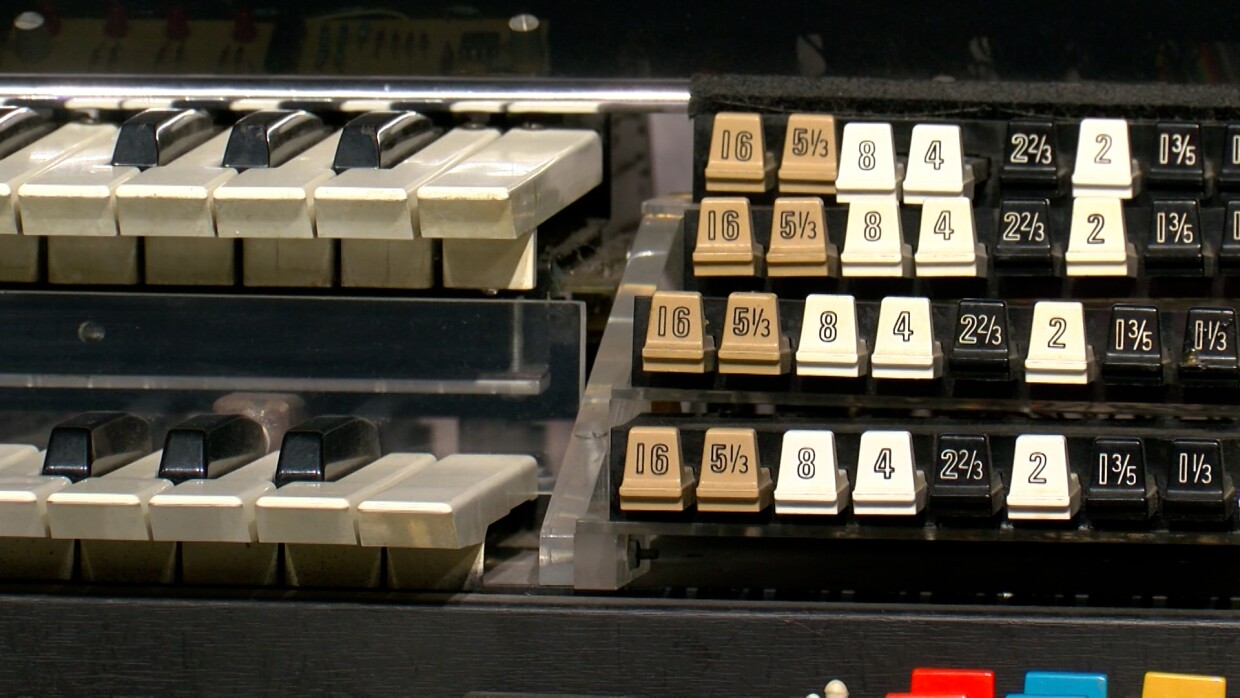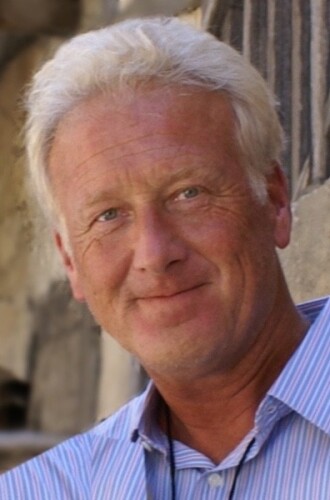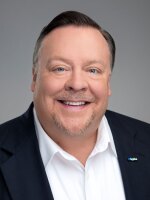There is a truth behind music that those of us who perform it sometimes find hard to swallow. It is, in fact, based on mathematics. Don Lewis loved music from the time he was a child. But he majored in electronics engineering at the former Tuskegee Institute before going into the Air Force as a nuclear weapons specialist.
When he got out, he answered his musical call.
Lewis wanted to find a way to combine all the sounds made by individual synthesizers. He began in 1974 and three years later LEO, the Live Electronic Orchestra, was born.

“I had stacks of keyboards on here and here, and on the side, and so for me, it was a matter of putting them all together," Lewis said in the documentary "Don Lewis and the Live Electronic Orchestra."
Stacks of keyboards, put together in an invention that’s the ancestor to systems used in music production today. And you can see it at the Museum of Making Music in Carlsbad.
The museum is how North County-based producer/director Ned Augustenborg was introduced to Lewis. "It didn’t take me too long after getting to know Don that I said, 'Well, this might be the story I always thought needed to be told,' because Don was the missing link, the personification of this technology," Augustenborg said.
That story has now been told in Augustenborg's documentary, relating Lewis' place in the development of electronic music.

Lewis' widow, Julie, said, “His whole concept was to be a live electronic orchestra."
Julie and Don Lewis were married for almost 45 years until Don’s death late last year.
He played in nightclubs, in San Diego and in LA. One night the Beach Boys heard him and hired him as their opening act. He did a lot of studio session work in LA with the likes of Quincy Jones, Marvin Hamlisch and Michael Jackson.
But his passion was live performing. Julie said her husband was at his happiest when sharing music with an audience, using his invention.
“It’s the way he thought. It’s who he was. It was his manner of art," she said.
Along the way, there were struggles. When Lewis was booked to perform at certain places in San Francisco, the Musicians Union Local objected and picketed against him.
“This was very threatening to the union. They felt strongly that synthesizers were not real instruments," Julie Lewis said.
But Lewis pushed forward. He worked for Roland Synthesizers and later for Yamaha, playing a major role in the development of the DX-7 used by dozens of musicians during the 80s.
“You had to love him. You didn’t have any choice cause you’d just feel the vibrations of his warmth and his desire to learn about you,” Augustenborg said.

“I want to pass the baton to as many people as I possibly can and that gives me great hope," Don Lewis says as Augustenborg's documentary draws to a close.
"Don Lewis and the Live Electronic Orchestra" airs Tues, Feb. 7, at 11 p.m. on KPBS-TV.





